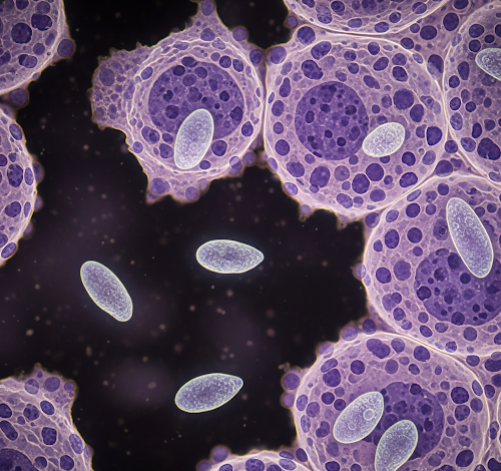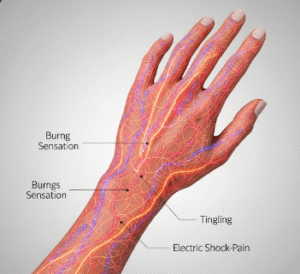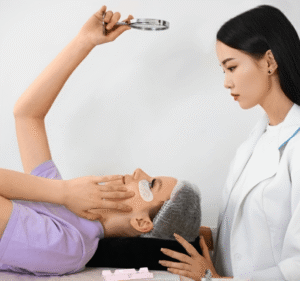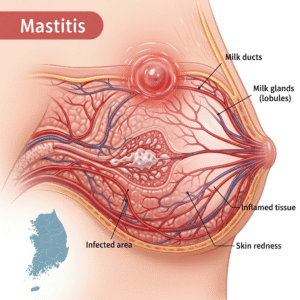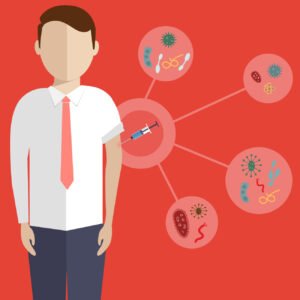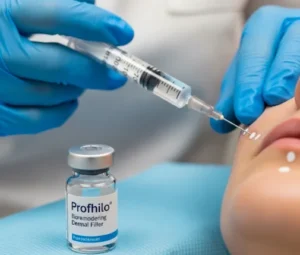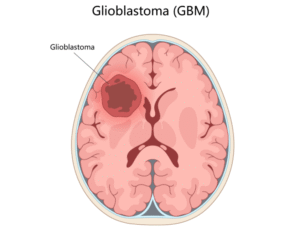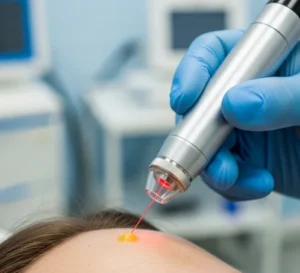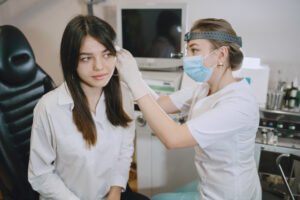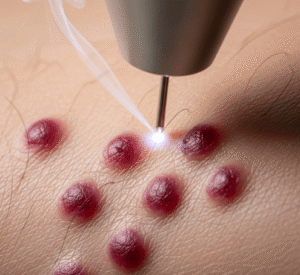Overview
Leishmaniasis is a parasitic disease caused by protozoan parasites of the genus Leishmania, transmitted through the bites of infected female sandflies. It affects the skin, mucous membranes, and internal organs, leading to various clinical forms ranging from mild skin ulcers to severe visceral disease.
What Is Leishmaniasis?
Leishmaniasis refers to a group of diseases caused by Leishmania parasites, primarily transmitted by sandfly bites. The disease manifests mainly in three forms: cutaneous, mucocutaneous, and visceral leishmaniasis (also known as kala-azar). It is prevalent in tropical and subtropical regions worldwide.
Symptoms
- Cutaneous Leishmaniasis: Skin sores or ulcers, often painless, that may enlarge over weeks or months
- Mucocutaneous Leishmaniasis: Destruction of mucous membranes of the nose, mouth, and throat
- Visceral Leishmaniasis: Fever, weight loss, enlarged spleen and liver, anemia, fatigue
Causes
- Infection by Leishmania parasites transmitted by sandfly bites
- Parasite invades macrophages and multiplies within the host’s immune cells
Risk Factors
- Living or traveling in endemic regions (e.g., parts of Asia, Africa, South America)
- Poor housing and sanitation conditions
- Malnutrition and weakened immune system
- Exposure to sandfly habitats such as forests, caves, or rural areas
Complications
- Secondary bacterial infections of skin lesions
- Severe disfigurement from mucocutaneous disease
- Organ failure in visceral leishmaniasis if untreated
- Increased mortality risk with visceral form
Prevention
- Avoid sandfly bites by using insect repellents and protective clothing
- Sleeping under insecticide-treated bed nets
- Improving housing conditions and reducing sandfly breeding sites
- Early diagnosis and treatment to prevent spread and complications
Treatment Options in Korea
Though leishmaniasis is rare in Korea, advanced healthcare facilities provide comprehensive care for travelers or imported cases:
- Antiparasitic Medications: First-line treatments include pentavalent antimonials, amphotericin B, miltefosine, and paromomycin depending on disease form and severity.
- Supportive Care: Management of symptoms and complications such as anemia or secondary infections.
- Specialized Diagnostics: Molecular tests and microscopy for accurate diagnosis.
- Travel Medicine Clinics: Provide preventive advice for travelers to endemic areas.
- Research and Collaboration: Korean medical centers participate in global leishmaniasis research and clinical trials.
Korean healthcare ensures timely diagnosis and effective treatment for leishmaniasis cases, safeguarding health even for imported infections.

